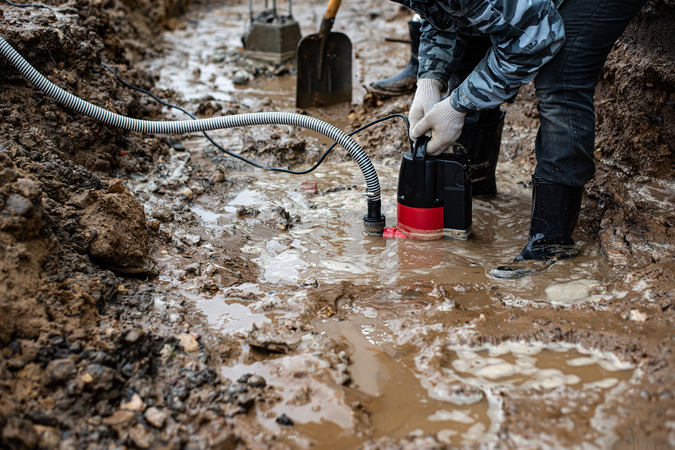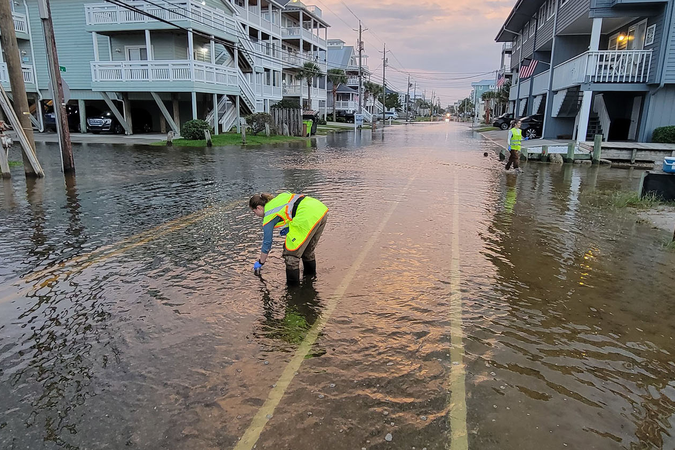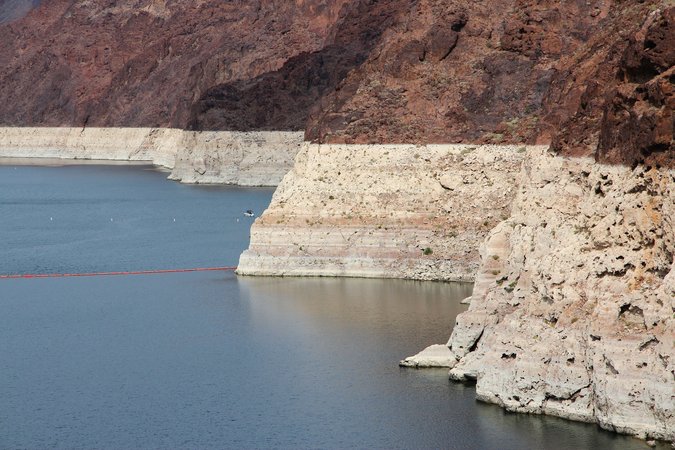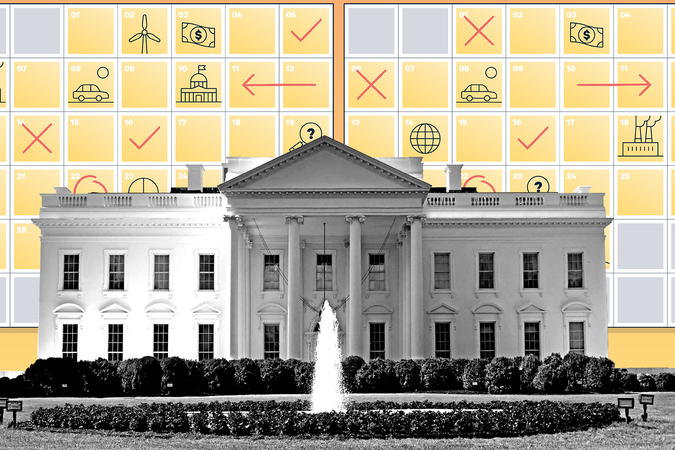Welfare Losses from Wildfire Smoke: Evidence from Daily Outdoor Recreation Data
This article estimates the economic impact of wildfire smoke on outdoor recreation in the western US using campground reservation and satellite data.
Abstract
Wildfire smoke pollution is growing in the western United States. Estimates of health impacts from smoke are numerous, but few revealed preference estimates of its damages exist. We study a setting where individuals are directly exposed to smoke and where avoidance behavior is measured with high frequency: outdoor recreation. We combine millions of administrative campground reservation records with satellite data on wildfire, smoke, and air pollution. The data allow us to model sequential recreation decisions under evolving information using a novel control function approach. We estimate wildfire smoke reduces welfare by $107 per person per trip. These damages are larger when campgrounds are affected by consecutive days of smoke. Back-of-the-envelope calculations imply 21.5 million outdoor recreation visits in the western United States are affected by smoke every year, with annual welfare losses of $2.3 billion. These findings contribute to a growing body of evidence on the costs of wildfire smoke.






